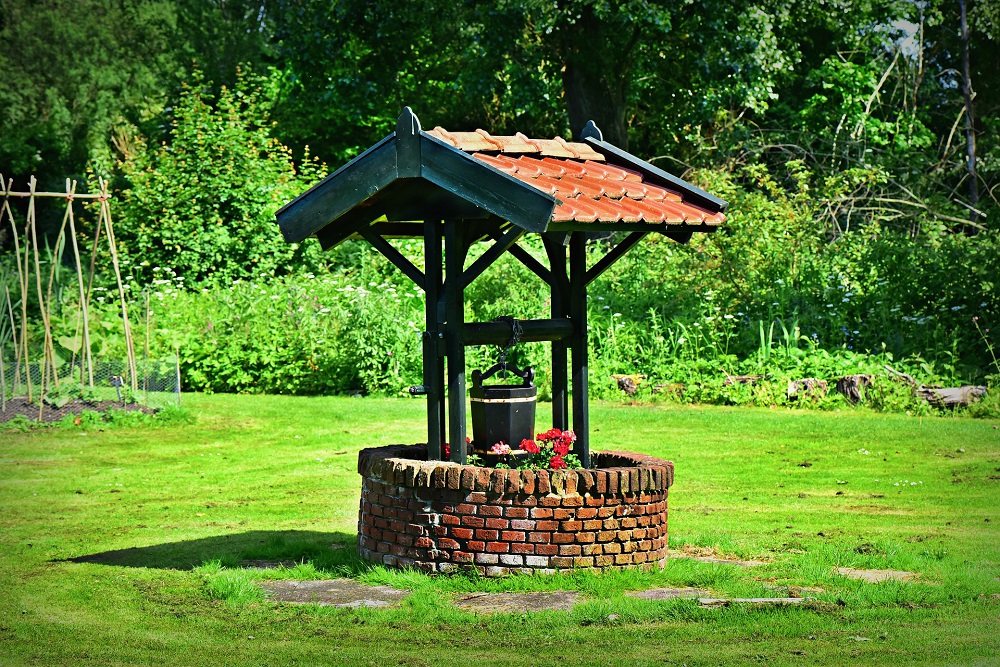Water is one of the few things required for the life of all kinds. Therefore, access to clean, potable water determines both survivability and quality of life. While many parts of the country are within range of a local municipality, there are still many who rely on natural sources of water, such as wells, to provide them with the water they need. Whether it’s because you’re in a remote location not serviced by a water utility or you simply want to live off the grid of local infrastructure, installing a well is only part of the equation. Once the well is installed, there is an ongoing need to maintain the well through tactics such as bacteria testing to ensure the water remains pristine and free of pathogens.
Well inspection and maintenance are key to maintaining a reliable, safe water supply without being connected to external water infrastructure. Though you may think that the water drawn from your well is pure, there are many unseen dangers that can hide in your well system without routine inspection, testing, and maintenance. Keep reading below to learn about five ways that you can maintain your water well and ensure your water supply is of the highest possible quality.
Hire a Professional
A well isn’t a complex mechanism, but that doesn’t mean that the average homeowner has the knowledge and expertise to properly maintain it without counsel from a seasoned professional. That’s why it’s important that you hire a well specialist to help you maintain your well, especially if you will be using it as a drinking water source. The average person has neither the knowledge, expertise, or equipment to service a well properly, and in some cases, amateur attempts at well service can make the situation worse. Hire a well service professional for routine inspections and service.
Engage in Preventive Maintenance
Many people overlook or postpone routine maintenance because they think it’s not critical to well operation. However, as is the case in many circumstances, preventive maintenance is key to staving off bigger, more costly future issues with your well. Problems that are easy to correct when first discover can quickly blossom into full-fledged problems that can endanger your drinking water, so make a point to be proactive and protect your well with preventive maintenance as if your health depended on it.
Regularly Inspect Your Well Casing
It’s wise to protect your well casing, as it’s the component that acts as your well’s armor in a sense. First, make sure that your well casing extends at least a foot above the ground for visibility, and slope the ground away from it to drain correctly. Perform visual inspections regularly to make sure that the casing is intact, the cap is fitted tightly, and there are no cracks that would allow outside substances to infiltrate the well.
Perform Annual Testing
Annual well testing may be the most important maintenance task that you need to undertake. Many pathogens that can lurk in your water are undetectable by the human senses, but they can easily be identified with regular water testing. Testing should include tests for bacteria, viruses, organic material, mineral content, and chemicals. While under most circumstances, an annual well test is sufficient to ensure safety, you should also perform a well test anytime you detect a change in the quality of your water that you can smell, see, or taste.
Seal Old Wells
The average productive life of a well is about 20 years. In the past, old wells were rarely closed off and sealed, which means there could be wells on or around your property that provide an open gateway for pathogens to enter your groundwater supply. Even if those nasty substances don’t infiltrate your well directly, they can leak through exposed wells into the groundwater and eventually degrade your water supply. Therefore, it’s important to identify any old wells on your property and have them sealed by a well professional.
Whether you rely on your well for drinking water or irrigation, it’s important that you practice these well maintenance tips to ensure the sanctity and quality of your water supply. To learn more ways to maintain your well, contact Environmental Testing and Research Laboratories at (800) 344-9977.

